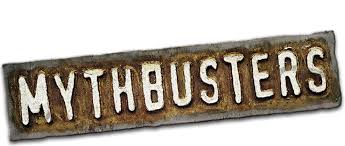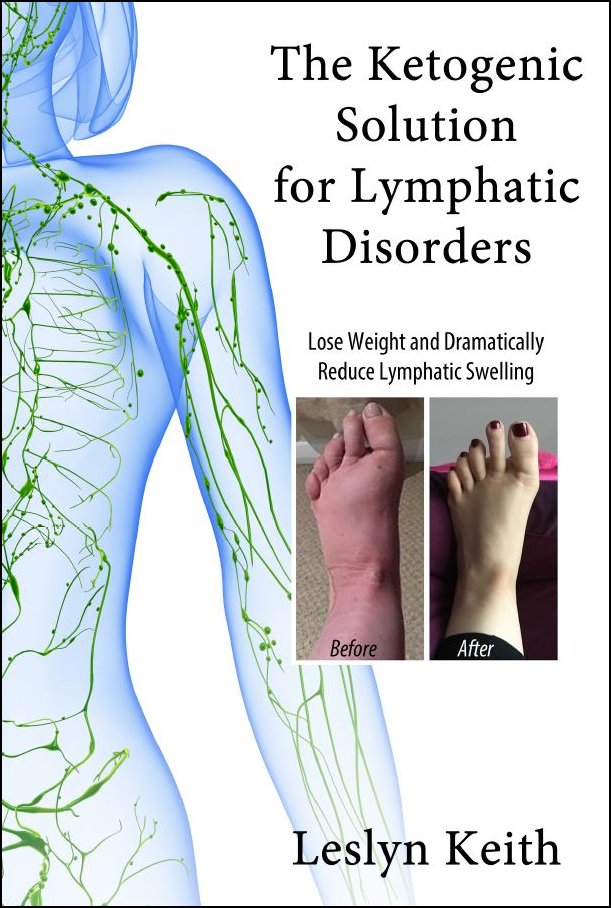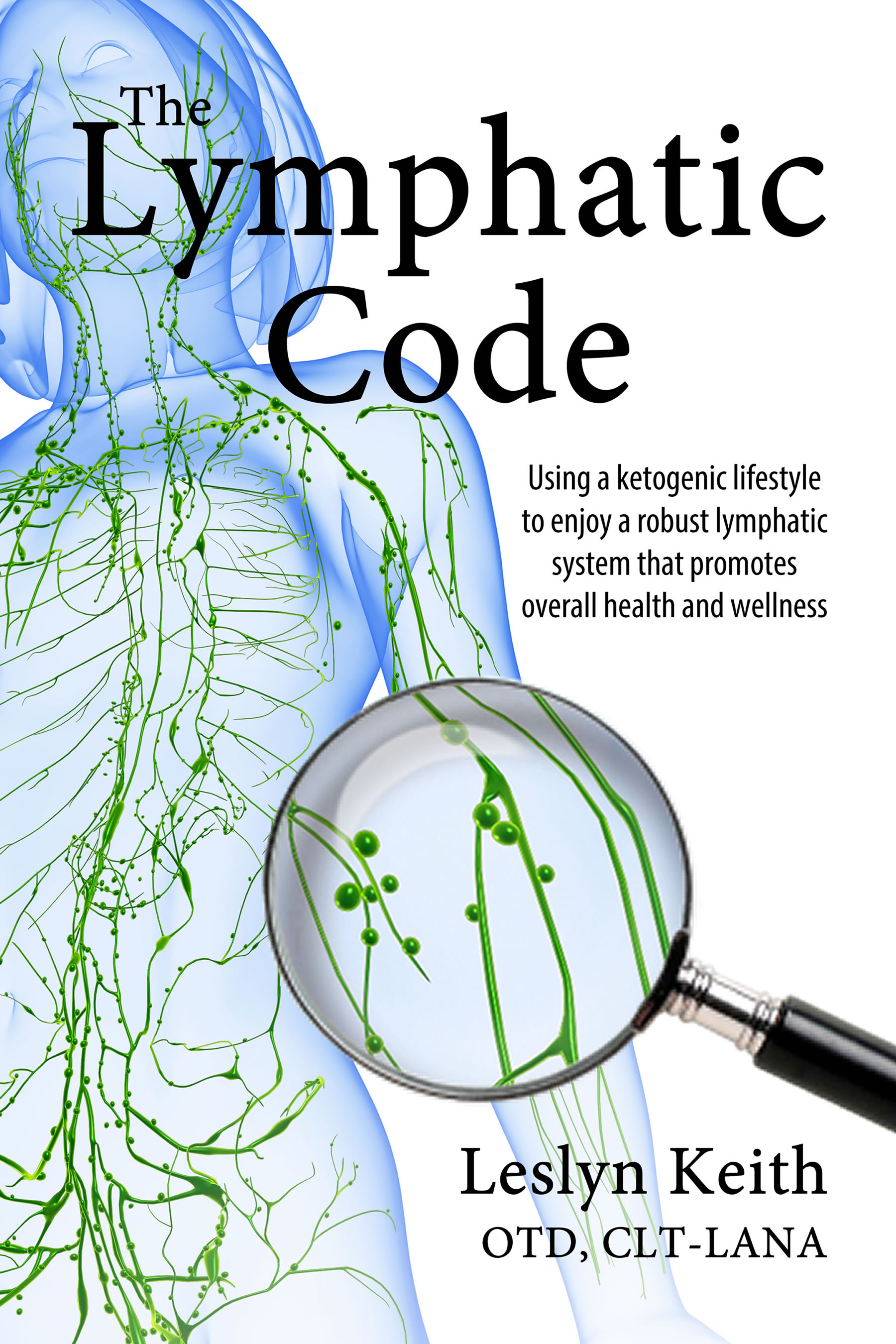The Fiber Lymphedema Connection - Part 2
I'll continue here, myth busting about the lymphedema fiber connection - the myths around the concept that fiber is a health food. This is of special concern for people with lymphedema, who may be trying to eat a healthy diet. (Part One is here).
Fiber is plant material that is unable to be digested by humans. We lack the enzymes that ruminants (cows, goats, buffalo, etc) have to accomplish this. The standard recommendations are that we should eat a high amount of fiber and it is often said that people should strive to increase their intake of fiber. This article is my take on the truth about fiber.

Myth #4 Fiber and Weight Loss
Maybe the most common claim regarding fiber is that it helps with weight loss by keeping you feeling full or keeping you satisfied, without adding many calories to your diet. Eating more just distends your stomach - that is, stretches it. When it’s stretched, it takes even more to fill it, and that isn’t the best way to be satiated. It becomes a vicious cycle: more distention needs more material to fill, leading to even more distention. The best way to become satiated is to give your body all the nutrients it needs in the least amount of food. Fiber adds nothing nutritional.
Myth #5 Fiber and Healthy Bowel Movements
You don’t need anything that works like a plunger to stay regular. Feces full of fiber are not healthy, they just add to flatulence, which is created by the bacteria digesting the fiber and leaving gas as the byproduct. It can be shown that feces has a certain percentage of water in it, no matter what else is in it. You can’t “soften” up feces by drinking water and adding fiber. The lower colon will only dry feces out to 70 to 75% content to moisture. It’s a different matter with regard to fats. If you eat more fat, your stool will get softer, just not with water. Fiber is a losing proposition at that end of your gastrointestinal tract.
Myth #6 Fiber is Heart Healthy
Another common claim is that fiber gives you heart protection since soluble fiber attaches to cholesterol particles and takes them out of the body. However, the level of cholesterol in your body is regulated tightly. If you take in less cholesterol, your body will just make up the difference by making more. Almost every cell in the body has the capability to make its own cholesterol.
Myth #7 Fiber and Diabetes
A wild, unsubstantiated claim is that fiber offers diabetes protection. The supposed reason is that because soluble fiber isn’t well absorbed, it doesn't contribute to blood sugar spikes. While it may be true that fiber doesn’t contribute to blood sugar increases, you’re better off not eating anything with fiber in it, since fiber almost exclusively comes with eating carbohydrates (plants), and diabetes is an inability to properly handle carbs. You don’t need the carbs, and you don’t need the fiber that comes with it.
Truths: A Low Fiber Diet is a Healthy Diet
Remember, keto nutrition is naturally low in fiber. If you think you need fiber, you will either have to eat more carbohydrates, such as fruits, vegetables and grains, or get your fiber through supplementation. Why would you take a capsule full of, in effect, wood shavings, because to your intestines that is what they might as well be. You cannot digest them. You are not a beaver that has specialized gut bacteria that can digest cellulose. The beaver gets the nutrition that comes from the waste products and dead bodies of their bacteria. Cows have the same mechanism for digesting cellulose. But remember, cows have several stomachs in which to perform this miracle. We don’t.
So, what exactly is behind the complaint of constipation when eating a ketogenic diet? There has been a lot of discussion on various websites and blogs addressing this issue. Constipation is a condition in which there is difficulty in emptying the bowels, usually associated with hardened feces, oftentimes causing pain. Constipation isn’t just a lack of having a bowel movement. Anyone may have gastrointestinal upset when they drastically change their diet. When we eat more fat and fewer carbs, we absorb most of the food we eat, so there is less waste. The frequency of bowel movements may change but, again, that doesn’t mean constipation.
If you have been eating a high fiber diet for a long time, you do come to rely on the fiber to force the food through your gut. So when you first change to eating low carb, or essentially low fiber, you can be plugged up temporarily. But don’t despair! Take some magnesium (for example, Milk of Magnesia), and it will resolve and you will be healthier for it! Don’t take psyllium husk which will just add more to the material trying to get out. As Dr. Eric Westman says, “You wouldn’t add more cars to relieve a traffic jam.”
Finally, another consideration is our electrolytes - magnesium, potassium and salt. We don’t hold onto electrolytes like “carbivores” (high carb eaters) do, so it’s important to get enough of these minerals. We can eat fiber-containing nuts and leafy greens that are also high in some micronutrients/electrolytes on a ketogenic diet but those items compliment a meal. They don’t make up the entire meal, so we are not overwhelming our system with fiber. Again, “Yay for a ketogenic diet!”
Much of this information can be found in the excellent book Fiber Menace, by Konstantin Monastyrsky. His website is gutsense.org. (Please Note: As an Amazon Associate, I earn from qualifying purchases.)
Books by Leslyn Keith, OT
|
Buy the print softcover book on Amazon Buy the E-book via Paypal |
Buy the print softcover book on Amazon Buy the E-book via Paypal |

